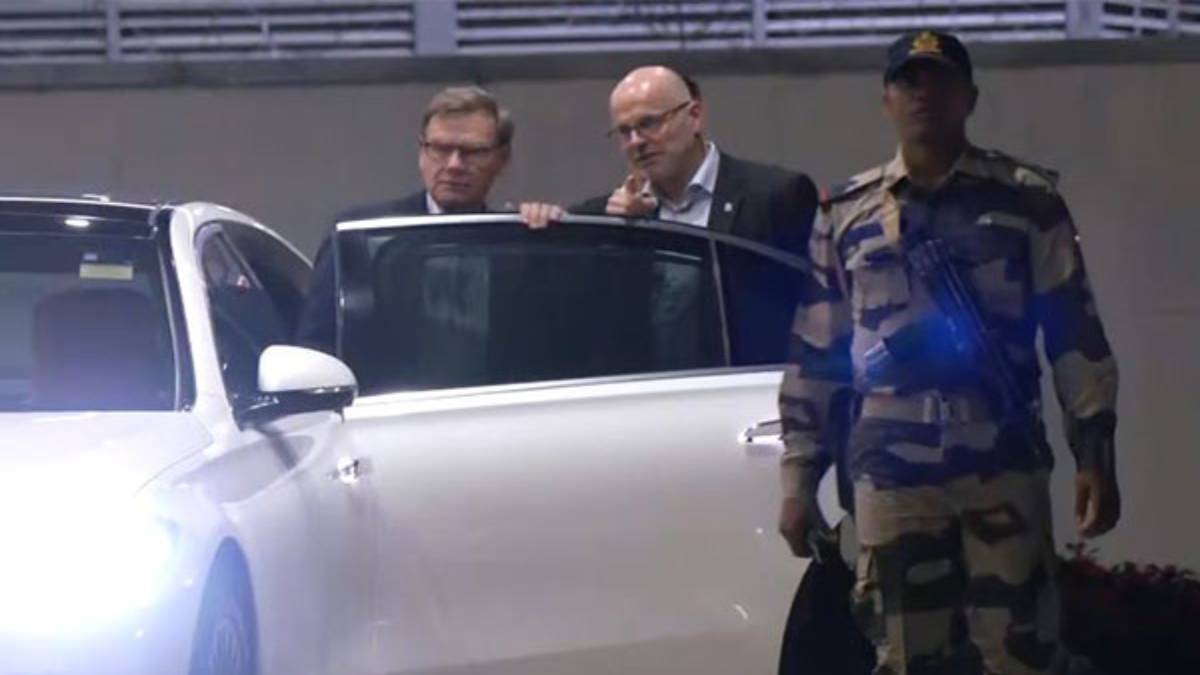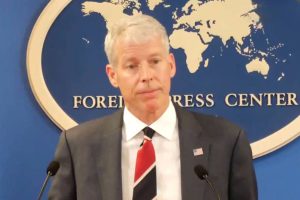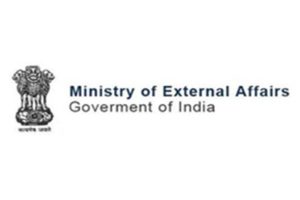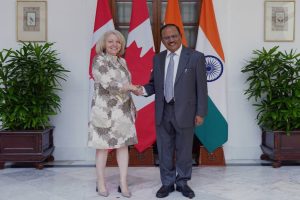German Federal Minister for Foreign Affairs Johann David Wadephul arrived in Bengaluru on Tuesday morning, marking the start of his two-day official visit to India.
According to the Ministry of External Affairs (MEA), Wadephul’s visit is scheduled from September 2 to 3. He will first tour the Indian Space Research Organisation (ISRO) facilities in Bengaluru before travelling to New Delhi later in the day.
On September 3, the German Foreign Minister will hold discussions with Union Commerce and Industry Minister Piyush Goyal, followed by a meeting with External Affairs Minister S Jaishankar. He will conclude his visit and depart from India the same evening.
Ahead of his arrival, Wadephul highlighted India’s strategic significance in the Indo-Pacific and beyond, calling New Delhi a vital partner for Germany. In a series of posts on X, he emphasised the depth of political, economic, and cultural ties between the two nations, noting the vast potential for strengthening their strategic partnership.
“India is a key partner in the Indo-Pacific. Our relations are close—politically, economically, culturally. The expansion of our strategic partnership has much potential: from security cooperation to innovation and technology to recruiting skilled workers,” Wadephul wrote.
He also underscored India’s growing influence as the world’s most populous country and largest democracy: “India’s voice is heard far beyond the Indo-Pacific. That is why I am travelling to Bengaluru and New Delhi for talks.”
Framing the partnership as a natural alliance between democracies, Wadephul said Germany and India must work together to safeguard the rules-based international order amid global challenges. “India plays a decisive role in shaping the international order of our century. We as democracies are natural partners in this,” he noted.
The visit follows recent engagements between the two nations, including Jaishankar’s meeting with German MP Jurgen Hardt in New Delhi last month to review bilateral ties and global developments.
Germany is among India’s closest partners in Europe, with diplomatic relations dating back to 1951. Since establishing a Strategic Partnership in 2000, cooperation has been deepened through the Intergovernmental Consultations (IGC) framework launched in 2011, which enables cabinet-level reviews and new areas of engagement.





